Located at 20 Old Brompton Road – Just Steps from ![]() South Kensington Tube. Easy Access, Always.
South Kensington Tube. Easy Access, Always.
Blood flows through the veins of every human. Although everyone has red blood, the blood comprises four different blood groupings, with eight types of blood. Everyone has a specific blood group.
The two blood grouping systems include:
Knowing your blood type and the group is important because the knowledge guides in making several decisions.
If you aren’t sure about your blood group, you can undergo your blood grouping test at our private GP clinic in London..
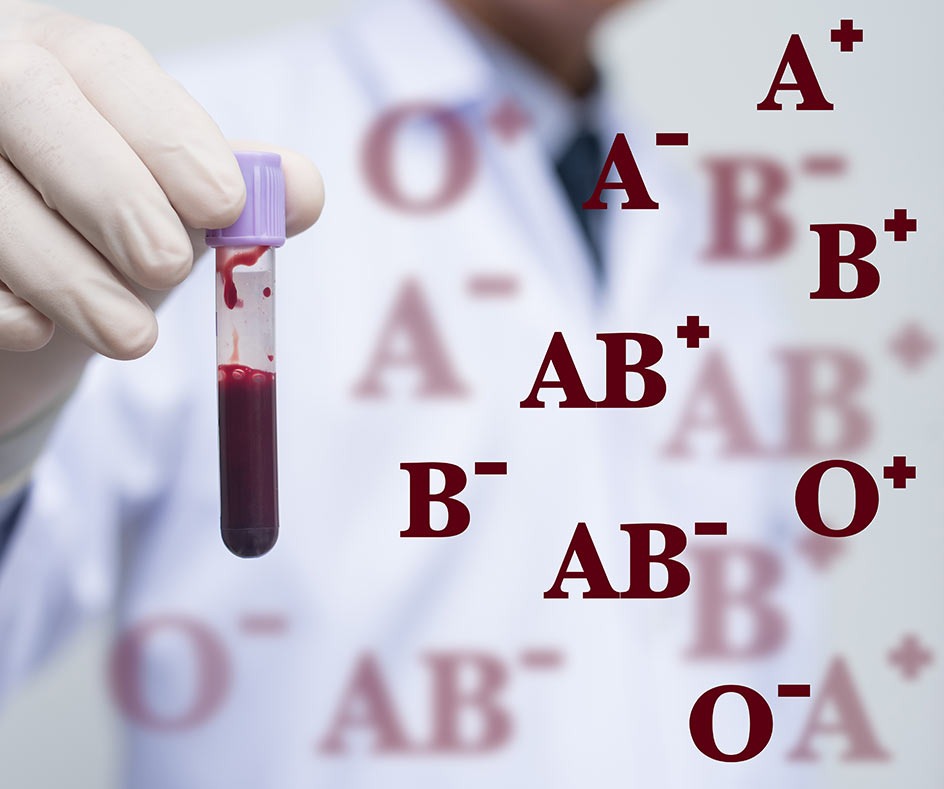
Four groups of blood are available – A, B, O and AB. The blood typing system determines the blood group of a person. It also determines which other blood groups are compatible with your blood group. This information is useful during emergencies that need blood transfusions.
A blood typing test requires taking a blood sample. Our medical professionals at GP London Clinic will ensure you receive adequate care. We provide all blood type testing, and your result will be available within a short time.
Blood group testing requires a venous blood draw from the arm or a finger prick blood sample. However, the blood draw for newborn babies is from the heel stick or umbilical cord.
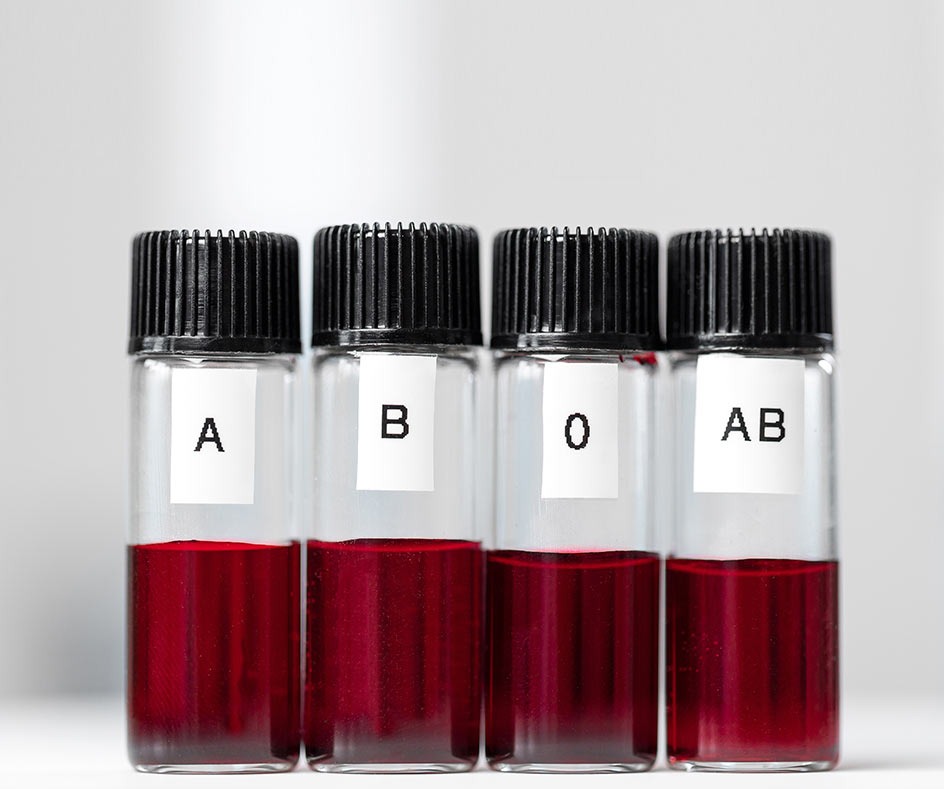
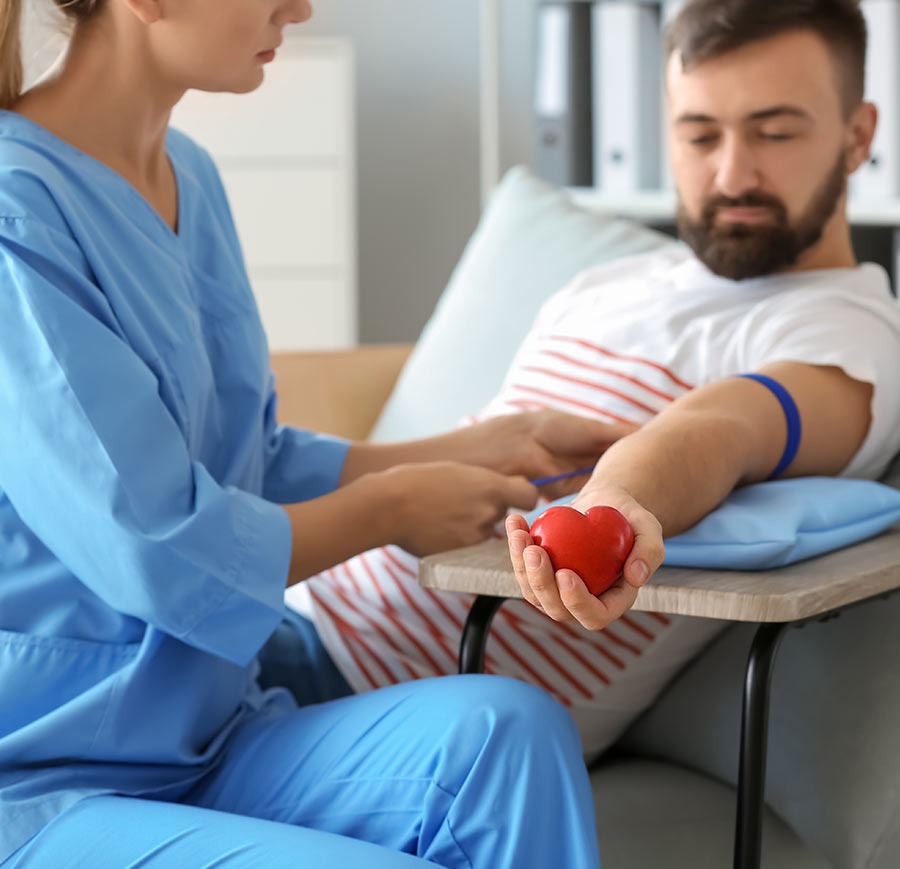
There are four blood groupings and eight types of blood. The blood groupings are based on the absence or presence of the antibodies and antigens A and B. The antibody or antigen you have makes you fall into a specific blood group.
The antigens are on the red blood cells’ surface, but the antibodies are produced to fight against the antigens.
It is the second blood classification system that determines an individual’s blood group. It is known as the Rhesus factor. You can either be negative or positive for the rhesus factor.
If the D-antigen is on the red blood cell, the individual is Rhesus positive, but if the D-antigen is absent, the person is Rhesus negative.
The RhD and ABO blood grouping system allows the classification of blood into four major groups and eight types. They include:
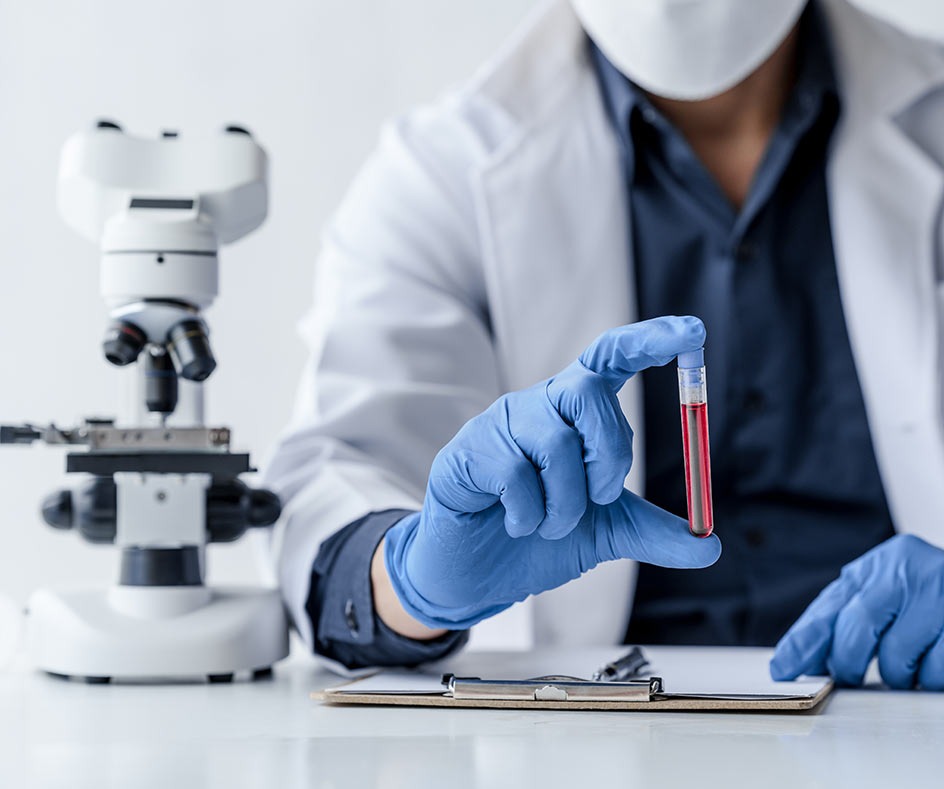
Karl Landsteiner, an Austrian scientist, discovered the blood groups in 1901. Before this period, many people died from blood transfusions because doctors believed everyone had the same blood.
With Karl Landsteiner’s discovery, medical professionals now understand that transfusing blood between different groups which aren’t compatible is fatal due to the antibodies present in the blood. When incompatible blood groups mix, the recipient’s antibodies fight and destroy cells in the donor’s blood, causing a life-threatening reaction.
An effective and safe blood transfusion occurs when the donor and recipient’s blood types are compatible. Our medical professionals at GP London will ensure you know your blood group and compatible blood groups to prevent fatal reactions like blood agglutination or clumping.
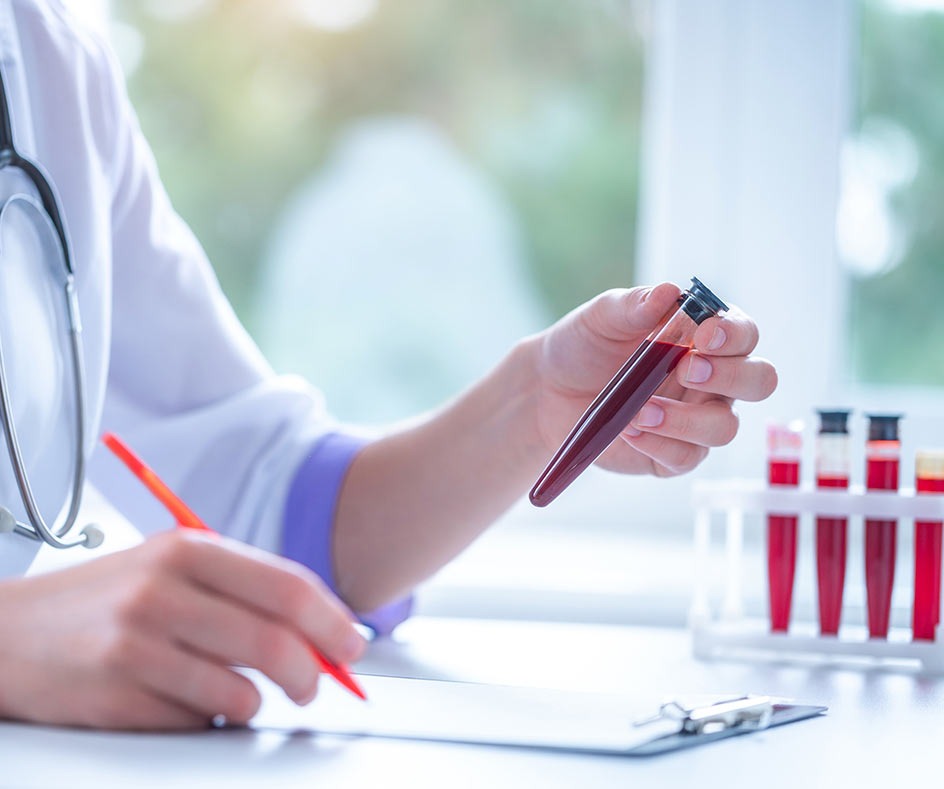
Compatibility or clumping occurs due to the absence or presence of antibodies and antigens. The table below shows blood types and their compatible blood groupings.
| Blood type | A+ | A- | B+ | B- | AB+ | AB- | O+ | O- |
|---|---|---|---|---|---|---|---|---|
| A+ | + | + | * | * | * | * | + | + |
| A- | + | * | * | * | * | * | * | + |
| B+ | * | + | + | * | * | + | + | + |
| B- | * | * | * | + | * | * | * | + |
| AB+ | + | + | + | + | + | + | + | + |
| AB- | * | + | * | + | * | + | * | + |
| O+ | * | * | * | * | * | * | + | + |
| O- | * | * | * | * | * | * | * | + |
+ indicates compatible blood types
* indicates incompatible blood types
The table above shows the compatible blood groups. The columns represent the recipient, while the rows represent the donor.
Understanding blood groups and types is also important during pregnancy. If the pregnant woman doesn’t have the D-antigen and carries a baby with the antigen, she will require RhD immune globulin treatment during the pregnancy and after delivery. Without treatment, the woman’s immune system will develop antibodies against her baby’s antigen, causing the antibodies to attack the child’s red blood cells. This results in haemolytic disease of the foetus or a miscarriage. The reaction will also affect other pregnancies.
Knowing your blood group is important in case you need a blood transfusion due to the following:
You can save yourself in life-threatening situations when you know your blood groupings.
GP London provides blood group tests to self-referral patients. You can visit our clinic on weekdays and weekends for a blood draw by our experienced healthcare professionals for your blood group test.
If you order a blood group test on a self-request basis, we will forward your result from the lab without comment or note from the doctor. This service is only available to people under a doctor’s care.
You can book a consultation, treatment or further testing after your blood tests at GP London. Call us now for your blood group test.
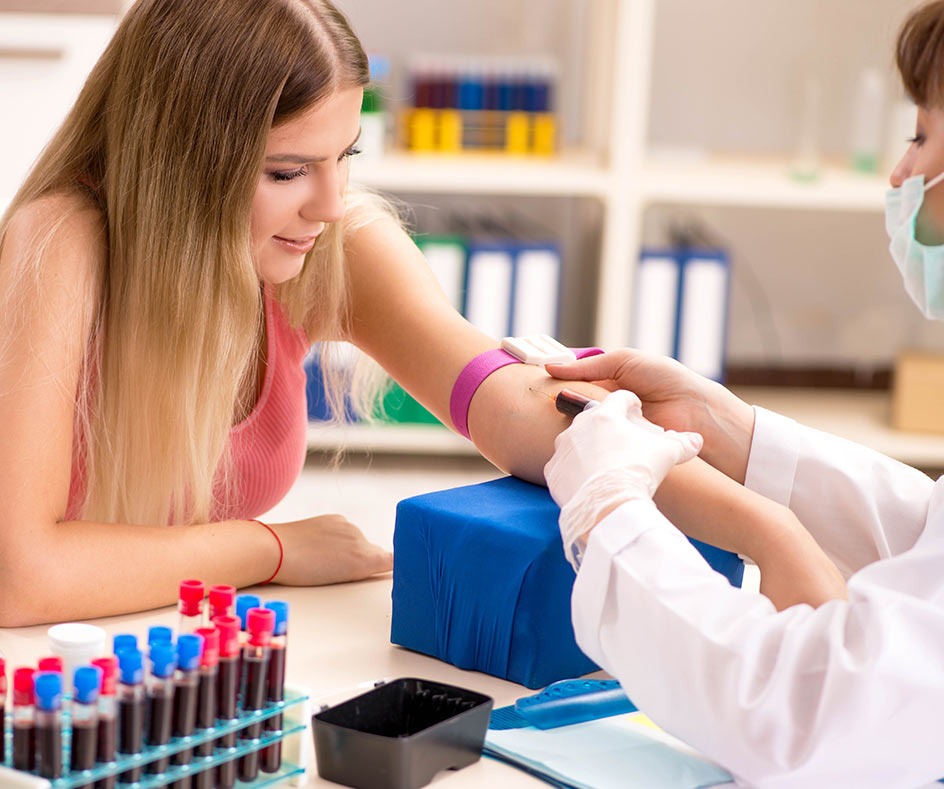
Our other tests include
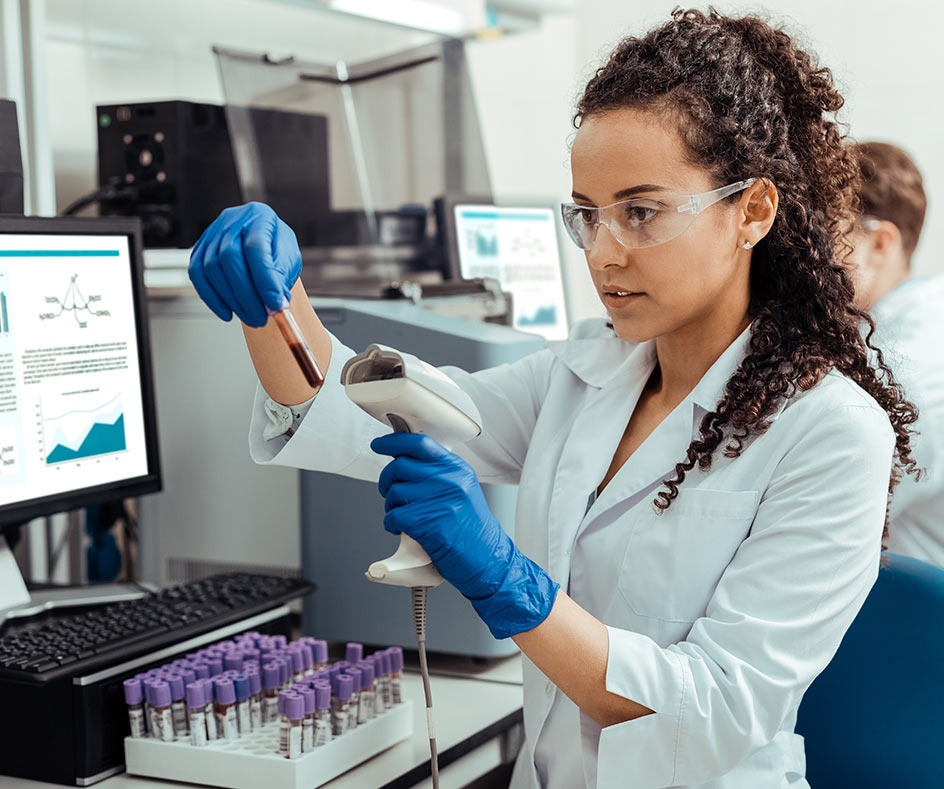

Visit GP London today or contact us on 020 7043 4317 to schedule an appointment for your blood group test and other blood tests.